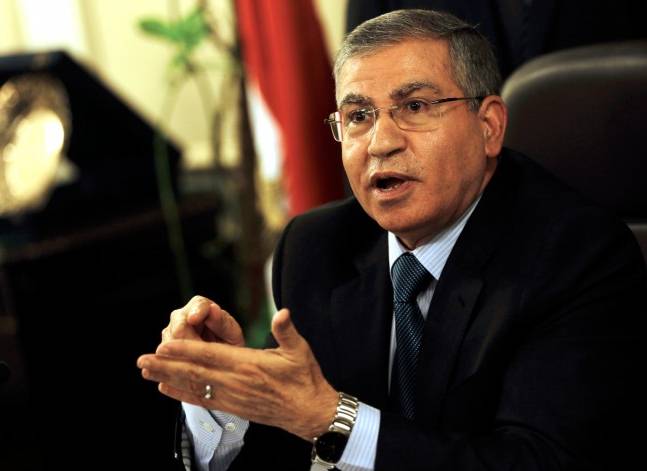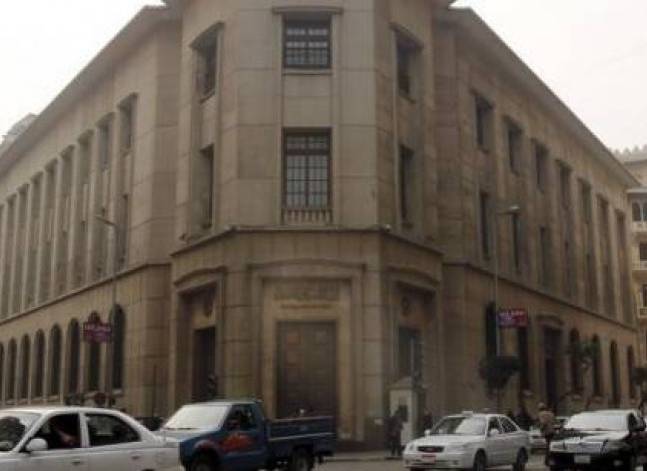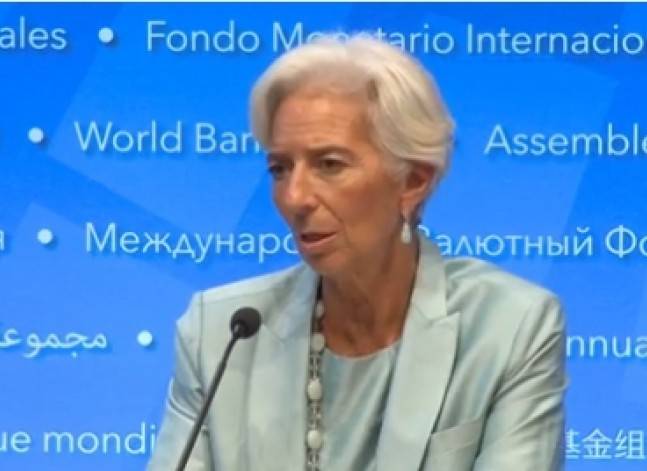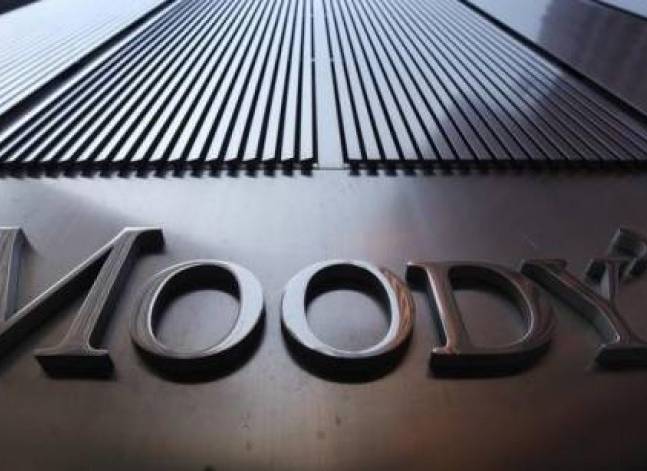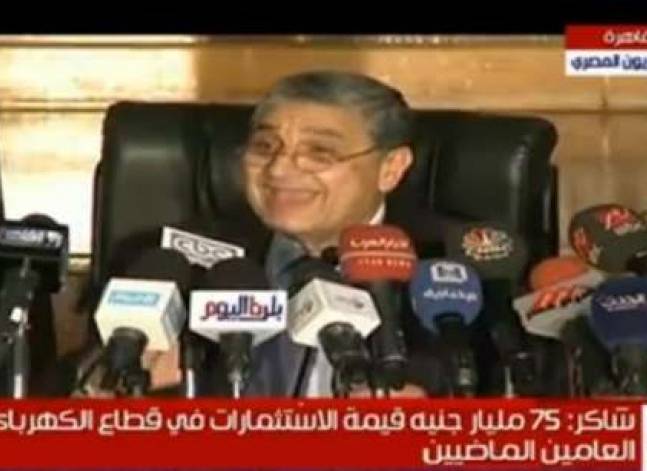Latest NEWS
- Aswat Masriya, the last word
- Roundup of Egypt's press headlines on March 15, 2017
- Roundup of Egypt's press headlines on March 14, 2017
- Former Egyptian President Hosni Mubarak to be released: lawyer
- Roundup of Egypt's press headlines on March 13, 2017
- Egypt's capital set to grow by half a million in 2017
- Egypt's wheat reserves to double with start of harvest -supply min
- Roundup of Egypt's press headlines on March 12, 2017
Egypt studies subsidy increase to alleviate 'burden' of economic reform - minister
A policeman tries with other Egyptians to buy subsidised sugar from a government truck after a sugar shortage in retail stores across the country in Cairo, Egypt, October 14, 2016. Picture taken October 14, 2016. REUTERS/Amr Abdallah Dalsh
CAIRO, Oct 19 (Aswat Masriya) - Egypt's Supply Minister Mohamed Ali al-Sheikh said on Wednesday that the government is studying the prospect of increasing subsidies allocated for individuals on the smart card system due to possible economic hardships.
In a press conference at the headquarters of the Ministry of Trade and Supply in Cairo, Sheikh talked about the "burden" that economic reform could inflict on those who are unable to sustain themselves, which entails a responsibility on the authorities to make sure they are protected.
"If we find that the citizens are in need of subsidies, we will provide subsidies," Sheikh said.
Egypt is currently reviewing eligibility for a smart card system through which low income Egyptians access state-subsidised food, according to Sheikh.
The review would attempt to eliminate waste by canceling cards allocated to people who have since died or emigrated and would review eligibility criteria for everyone else.
A cabinet committee is said to take charge of determining the criteria upon which individuals would be cut off the smart card system.
Egypt's subsidy program covers around 71 million people through 21 million ration cards, according to the minister.
The Egyptian government has been grappling with the pressures of surging prices while attempting to revive a tumbling economy hit by an acute foreign currency shortage.
In August, Egypt reached staff-level agreement with the International Monetary Fund regarding a $12 billion three-year loan programme to help plug a funding gap and restore investor confidence.
IMF chief Christine Lagarde said earlier last week that Egypt "almost completed" prior actions necessary for the IMF's board to formally approve the loan.
The remaining actions pertain to both the exchange rate and the subsidies, according to Lagarde.
Egypt's economic reform programme entails cutting energy subsidies, adopting a more flexible exchange rate regime as well as shifting towards the value added tax instead of the sales tax.
Devaluation, however, has yet to come about despite projections by many economists and investment banks of a managed float of the Egyptian pound in the past weeks.
Head of the IMF's Middle East and Central Asia department Masood Ahmed told Bloomberg on Wednesday that delays in important measures like addressing the foreign exchange market would have a high cost on the economy.
He added that prices of many goods today already reflect the parallel market rate, minimising the impact of the pound devaluation on inflation.
The dollar has reached unprecedented levels in the black market in the past weeks, reaching a high of EGP 15.
Egypt's annual consumer inflation rate jumped to 16.4 percent nationwide in August.
Egypt announced that its net foreign reserves jumped to $19.59 billion at the end of September, its highest in over a year. The central bank governor has said he would consider letting the pound float freely if reserves exceed $25 billion.


